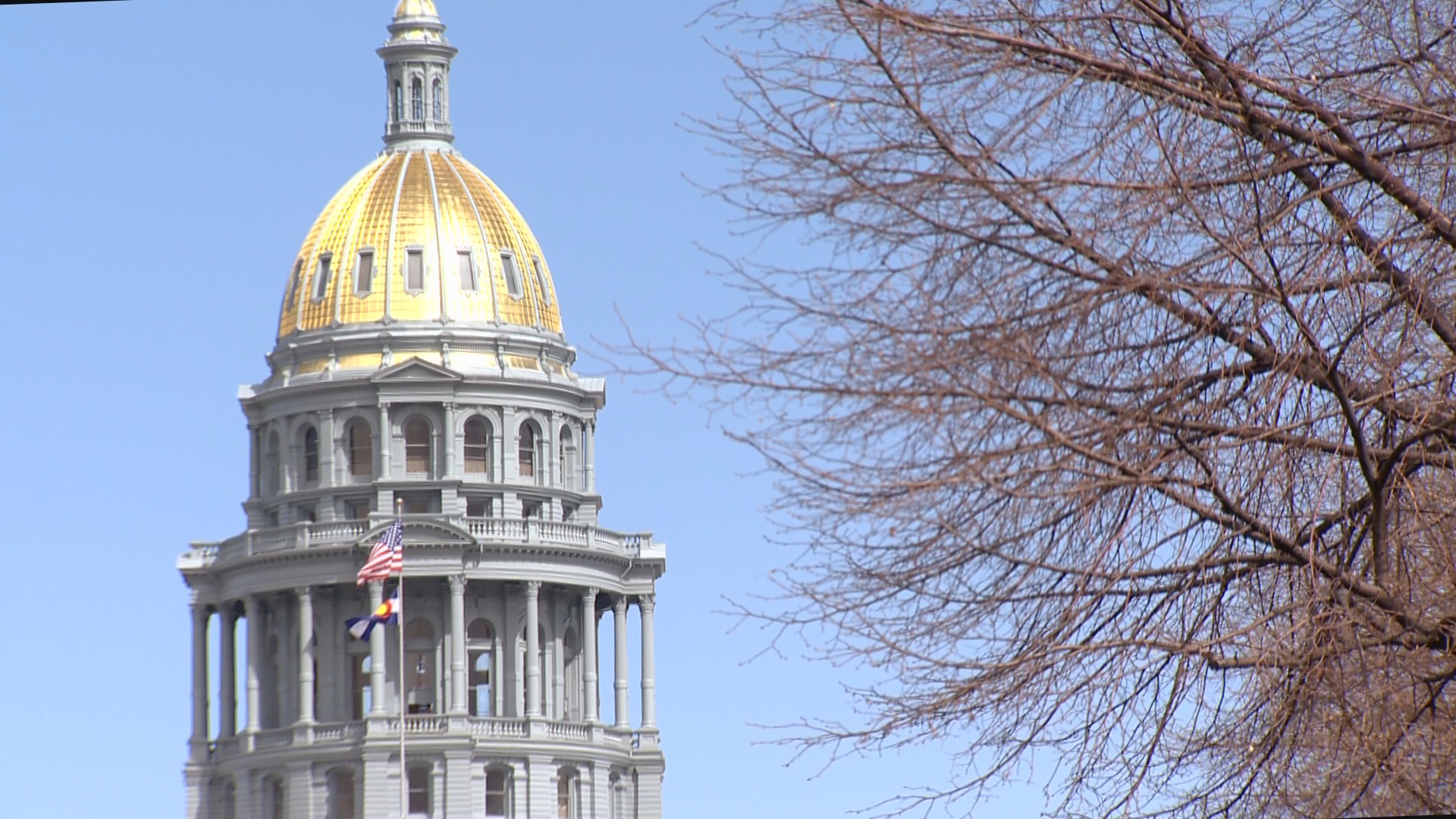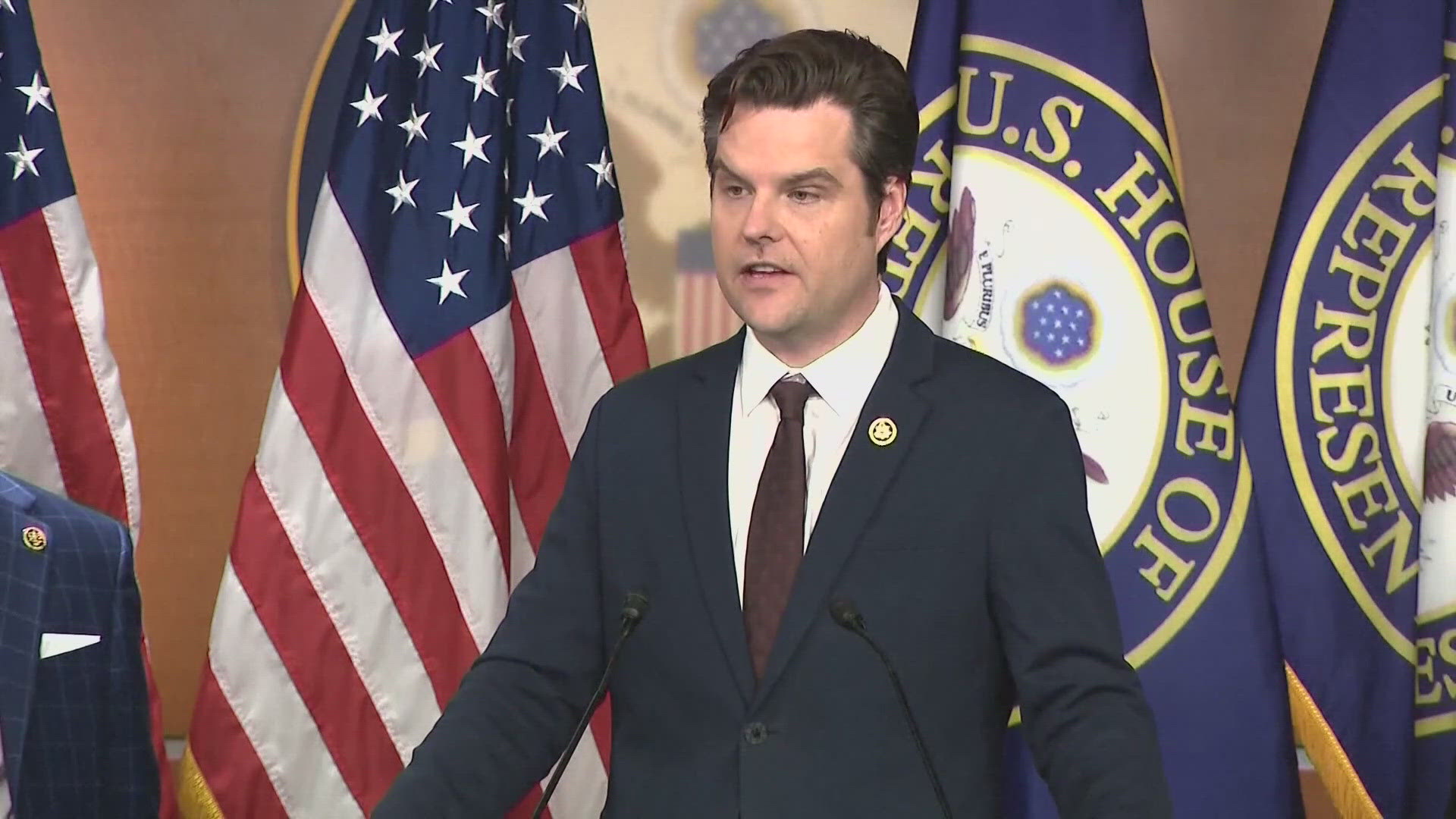DENVER—A bill that would have joined Colorado with other states in a plan to work around the current electoral college system, and guarantee the White House to the winner of the national popular vote, died in the Republican-led State Senate Affairs committee.
The bill, sponsored by Democrats, died with a 3-2 vote that split along party lines.
If plan like this had been in effect in 2016, the White House would have gone to Hillary Clinton instead of Donald Trump.
Rather than trying to abolish the electoral college, SB 99 would have had Colorado join an interstate compact to bend the current system of state electoral votes to ensure the winner of the popular vote is elected to the Presidency.
The bill’s sponsor says he had not been trying to pass it in response to President Trump’s victory.
“I carried this exact same bill in 2009, which was just after President Obama became President by winning both the electoral college and the popular vote, so absolutely not.” Sen. Andy Kerr (D-Lakewood) “Although, I have received more emails and phone calls on this issue this year than any other.”
By joining the agreement, Colorado would have pledged all nine of our electoral votes to the winner of the national popular vote—once the agreement takes effect.
That wouldn’t happen until enough states join the compact to guarantee a total of at least 270 electoral votes, the number needed to clinch the Presidency, would go to the popular vote winner.
Kerr argues that since the President is tasked with leading the nation, they should be accountable equally to the whole nation—not trying to win votes in swing states.
“Let’s stop counting votes based upon what state you live in and let’s start counting votes based upon what country you live in,” Kerr said.
Republicans, who control the state senate in Colorado, were not enthused by the idea of passing this plan in what seems like a response to Donald Trump’s victory.
They also argue that Colorado would be giving up political clout to more populous states like California and New York by adopting the plan.
“Our forefathers were brilliant in providing protections in our Constitution to make sure that small states did not get run over by larger ones,” said Sen. Jerry Sonnenberg (R-Sterling) in a statement to 9NEWS. “The Electoral College was designed so that smaller states actually had a little more of a voice, yet much less than the larger states. Without this system, elections could very easily be over before the polls close in the West, because of the popular vote results on the East Coast.”
Federal law requires Congress to approve interstate agreements, but the courts have allowed exceptions before—which could mean a legal fight if enough states do adopt the plan. Kerr points out that the constitution specifically grants power to the states to decide how to allocate their electoral college votes.
Organizers of the effort say the plan has already been adopted by state laws in California, the District of Columbia, Hawaii, Illinois, Massachusetts, Maryland, New Jersey, New York, Rhode Island, Vermont, and Washington—which together hold 165 electoral votes.
While supporters point out the plan has passed in some state legislative chambers controlled by Republicans, the fact is that all of the above states that have adopted the plan voted for Hillary Clinton in 2016.
The plan passed the Colorado House in 2006 and 2007, and passed the state Senate in 2009. It would need to be passed by both chambers in the same year in order to become law.


